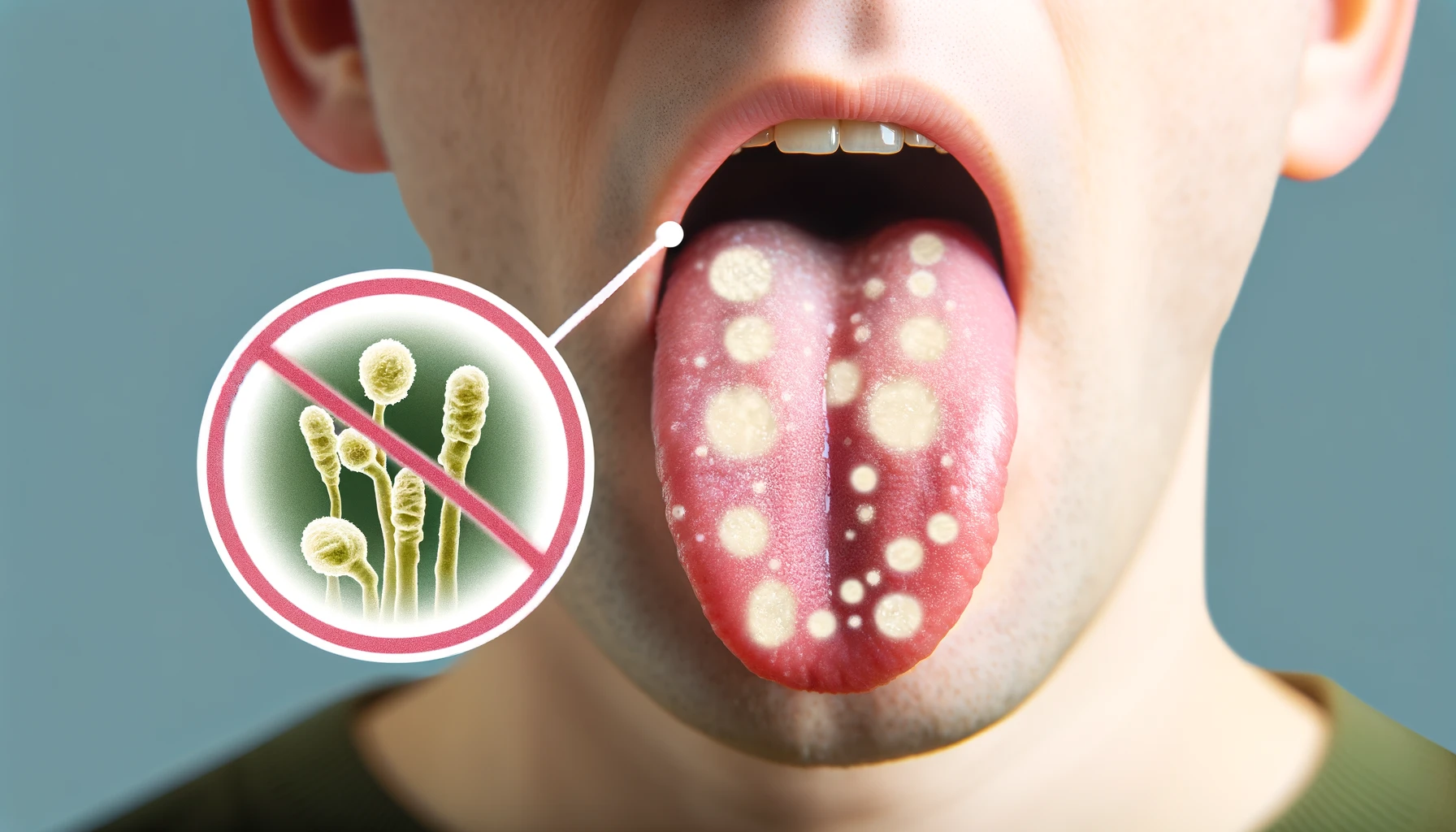Check out this answer from Consensus:
The evidence suggests that Candida, particularly Candida albicans, can contribute to cancer development through various mechanisms, including the production of carcinogenic byproducts, induction of chronic inflammation, and modulation of the immune response. While more research is needed to fully understand the causal relationship, controlling Candida infections in cancer patients is crucial to mitigate their potential pro-tumor effects. Future therapeutic approaches should focus on preventing and treating Candida infections to reduce the risk of cancer development and progression.
Candida, a genus of yeasts, is commonly found in the human body, particularly in the oral cavity, gastrointestinal tract, and genital area. While it is generally harmless, certain species of Candida can become pathogenic, especially in immunocompromised individuals. Recent research has explored the potential link between Candida infections and cancer development. This article reviews the evidence supporting the hypothesis that Candida, particularly Candida albicans, may contribute to cancer development and progression.
Candida and Cancer: The Evidence
Mechanisms of Carcinogenesis
Several studies have identified mechanisms through which Candida albicans may promote carcinogenesis. These mechanisms include the production of carcinogenic byproducts, induction of chronic inflammation, and molecular mimicry. For instance, Candida albicans can produce nitrosamines, which are known carcinogens, from precursors found in the oral cavity1 5. Additionally, chronic inflammation triggered by Candida infections can create a microenvironment conducive to cancer development1 4.
Clinical Associations
Research has shown a significant association between Candida colonization and various types of cancer, including oral, esophageal, and gastric cancers. A study examining oral Candida carriage in oral cancer patients found that the presence and high colonization of Candida were significantly higher in cancer patients compared to non-cancer controls2. Another study highlighted that Candida albicans infection increases the host’s susceptibility to cancers such as oral, gastric, and colorectal cancer4.
Candida Species and Cancer
While Candida albicans is the most studied species, other Candida species have also been implicated in cancer. For example, Candida tropicalis, Candida glabrata, and Candida parapsilosis have been identified in cancer patients, with varying degrees of pathogenicity and resistance to antifungal treatments6 9. Candida lusitaniae, although less common, has been associated with fungemia in cancer patients and poses challenges due to its resistance to amphotericin B8.
Molecular and Immunological Insights
The interaction between Candida and the host’s immune system plays a crucial role in cancer development. Candida infections can alter the immune response, leading to an environment that supports tumor growth. For instance, Candida albicans can induce a Th17 cell-mediated immune response, which is associated with chronic inflammation and cancer1 4. Additionally, Candida species isolated from cancer patients exhibit increased virulence factors, such as higher adherence to epithelial cells and production of proteinases, which may contribute to their pathogenicity8.
Can candida, a common yeast, cause cancer?
David Roberts has answered Unlikely
An expert from National Cancer Institute in Cell Biology, Immunology, Oncology
The presence of C. albicans at specific sites in the body is correlated with certain cancers, and immunosuppression caused by cancer and cancer therapies clearly increases the risk for localized and disseminated candida infections. These facts complicate interpretation of the evidence that Candida infections can cause cancer. Because most humans are colonized by C. albicans as a commensal organism in their gastrointestinal tract but do not develop GI cancers, clearly the presence of Candida is not sufficient to cause cancer. On the other hand, there is reasonable evidence that Candida at certain sites contributes to local inflammation, which is a well-recognized risk factor for carcinogenesis. To date, this evidence is moderately convincing, but a direct causal role remains unproven. Changes in Candida abundance in the microbiota could alter the abundance of other microorganisms that play a more dominant role in carcinogenesis. Thus, the direct contribution of C. albicans could be insignificant. More studies are needed before any conclusion can be drawn.
